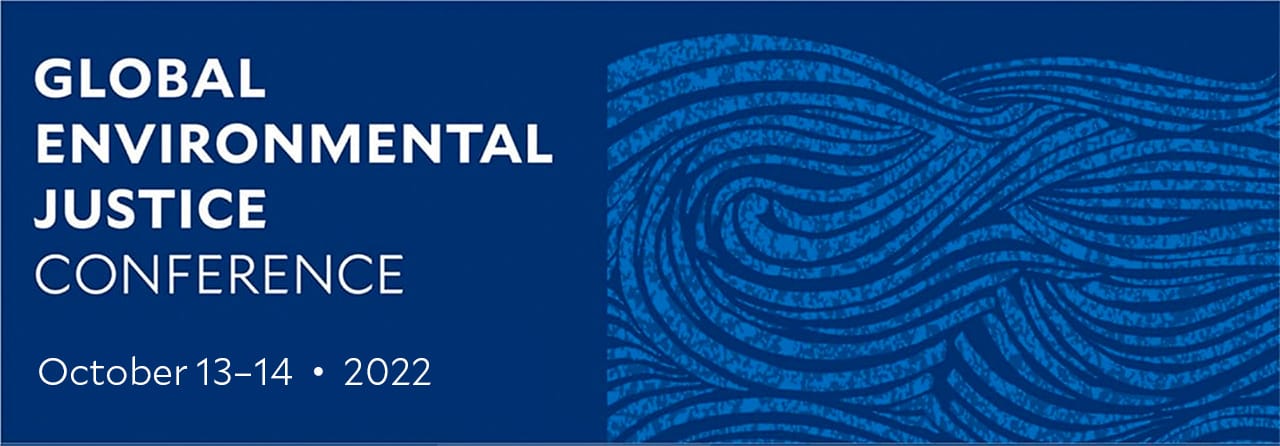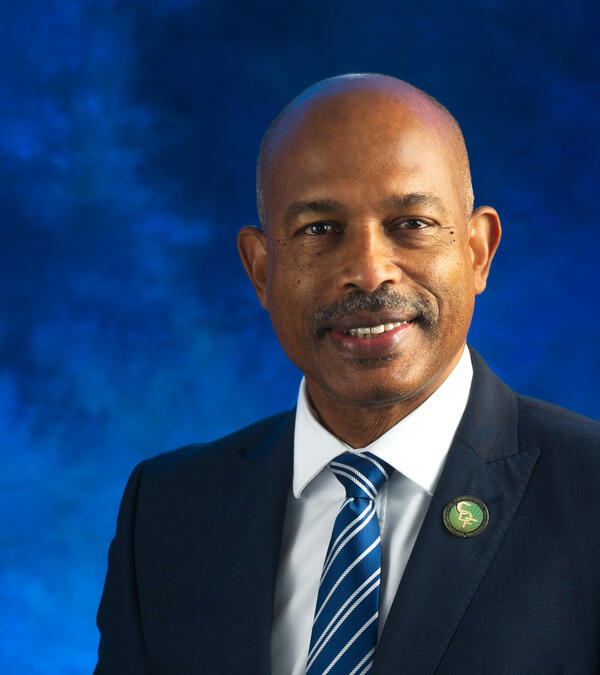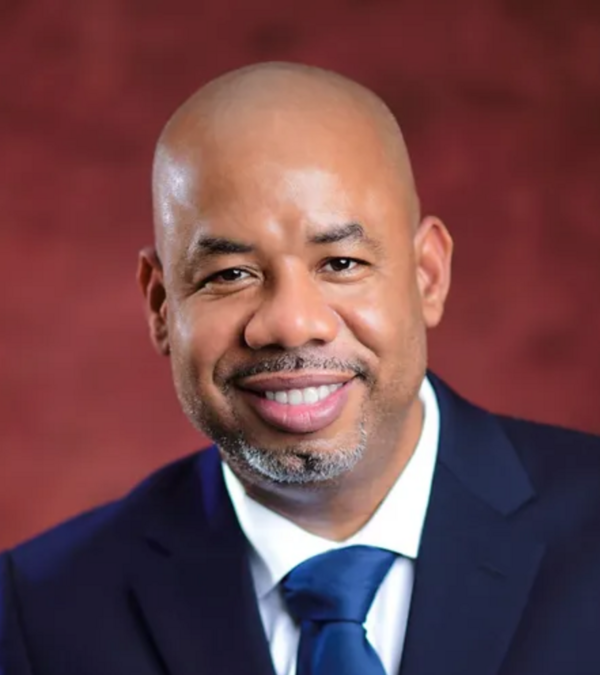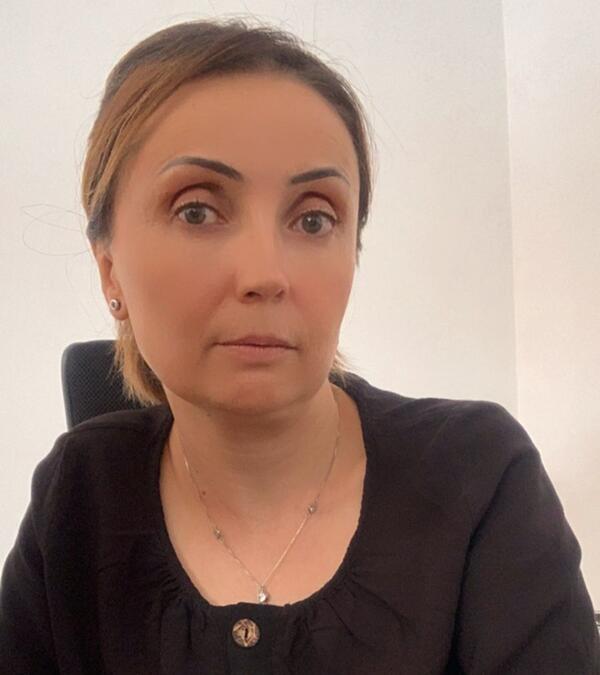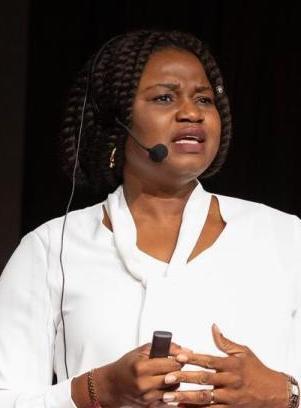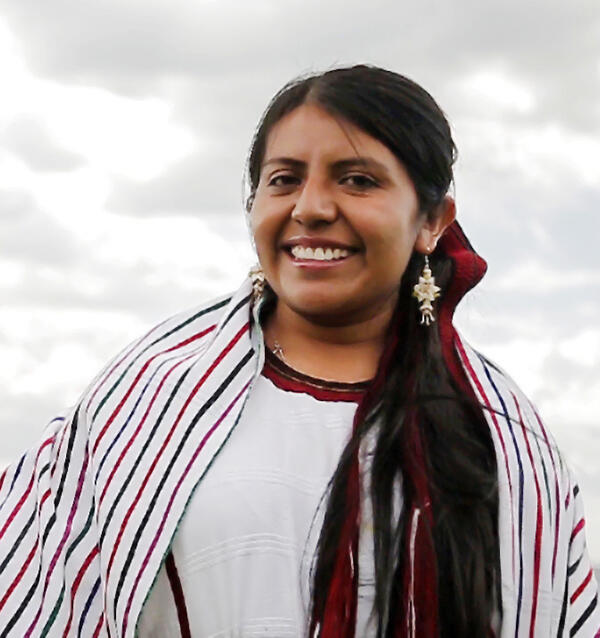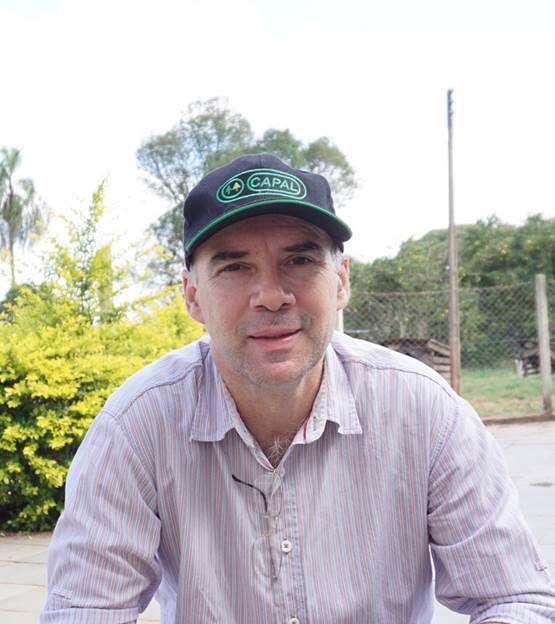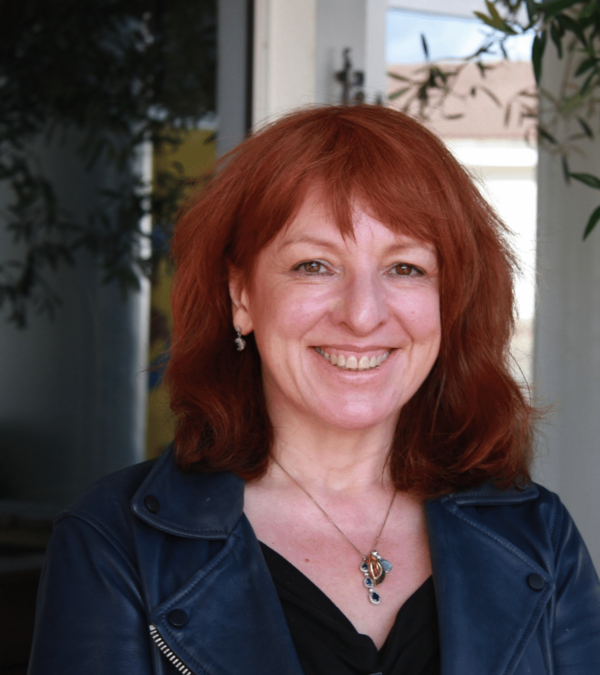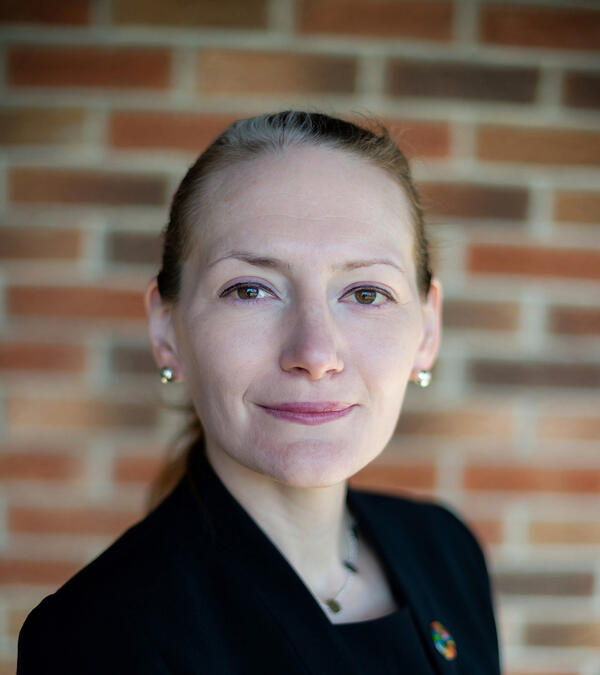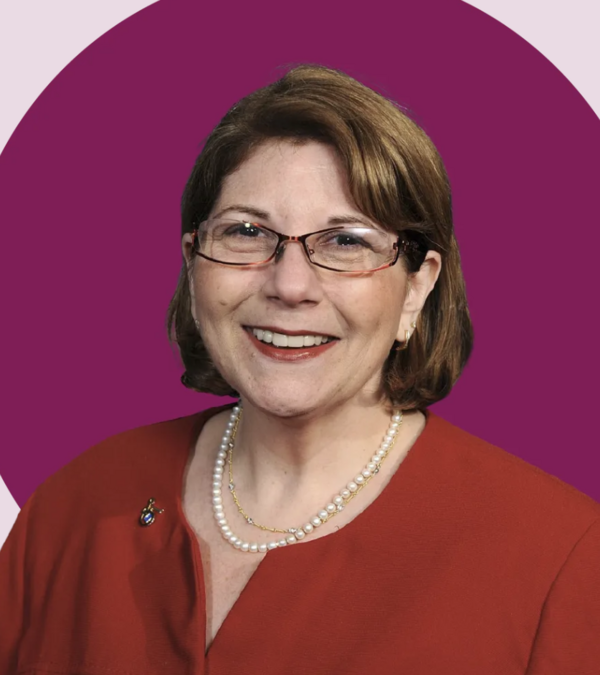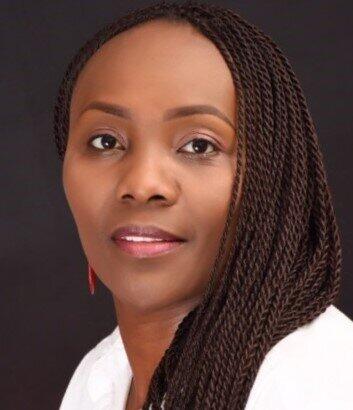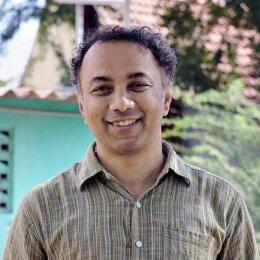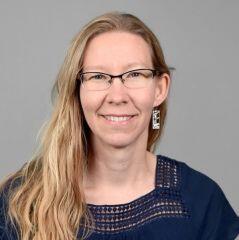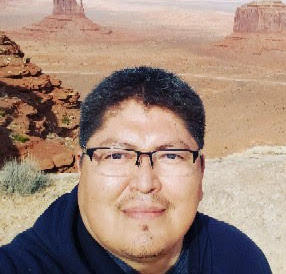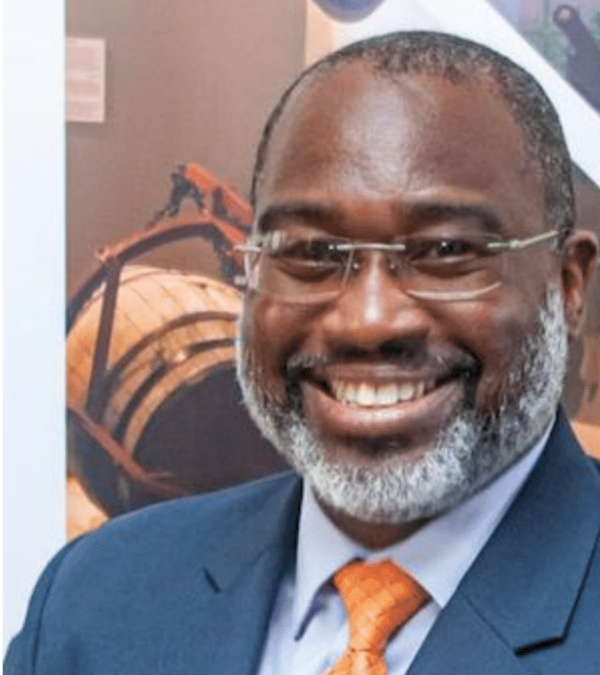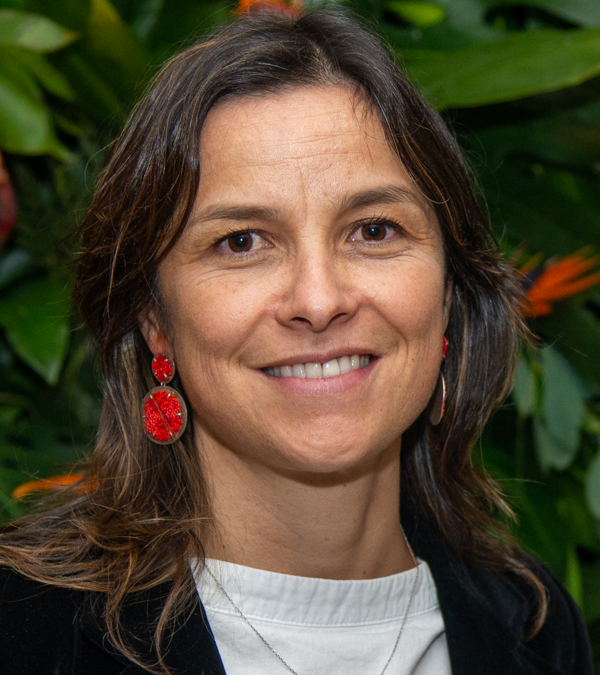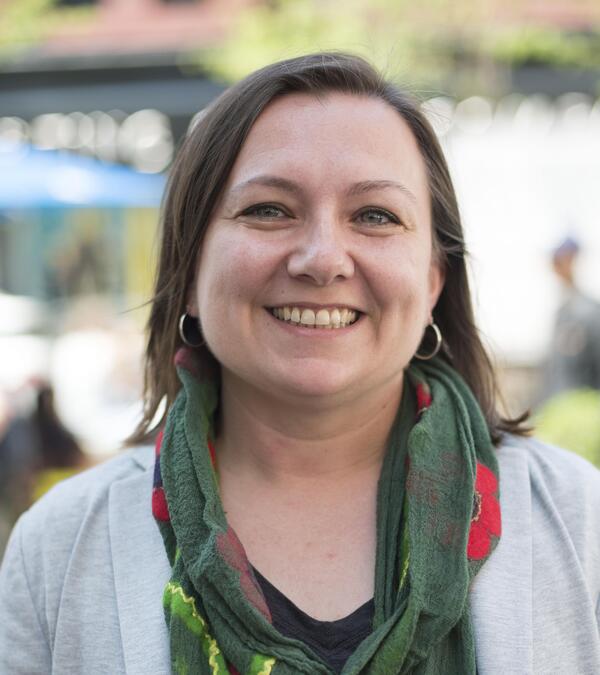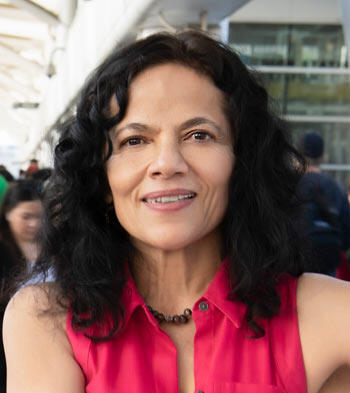Panels
Finance for Climate Justice with a Caribbean Spotlight
Panelists
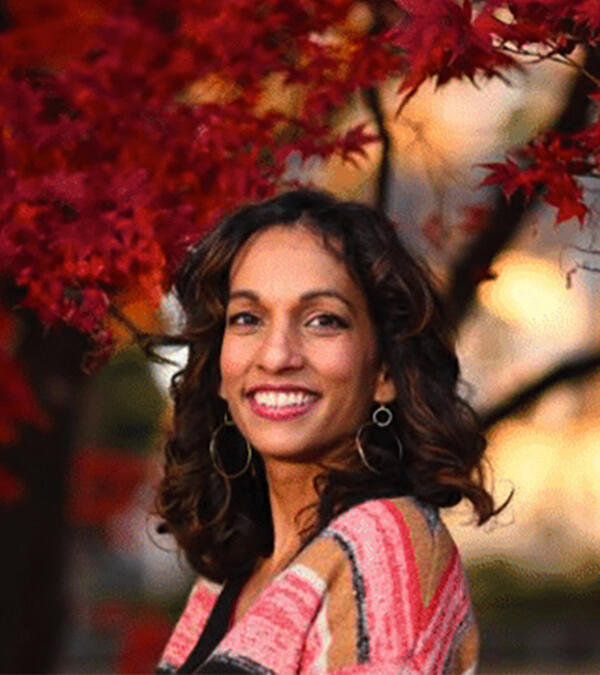
Security and Sovereignty in the Global Food System
Given the challenges that have deeply impacted the food system over the past year including climate change, conflict (such as that in Ukraine) and the ongoing Covid pandemic, what is our best way forward? How can food systems around the world best address these ongoing challenges? What are the key shifts that need to be taken to build more resilient and just food systems and who needs to be engaged to make these transformations possible? This panel will draw from experts around the world to address these fundamental questions about the future of food and agriculture.
Moderated by Hiʻilei Julia Kawehipuaakahaopulani Hobart
Assistant Professor of Ethnicity, Race, and Migration,Yale University
Panelists
MORNING BREAKOUT PANEL 1
Gene editing in the livestock industry: justice implications for farming systems and non-human animals
PhD Student, Yale School of the Environment
Panelists
morning breakout panel 2
Legal dimensions of climate migration: Equity, justice and vulnerability in a warming world
Moderated by Maya Prabhu
Associate Professor of Psychiatry and Associate Professor Adjunct of Law; Yale School of Medicine, Yale Law School
Panelists
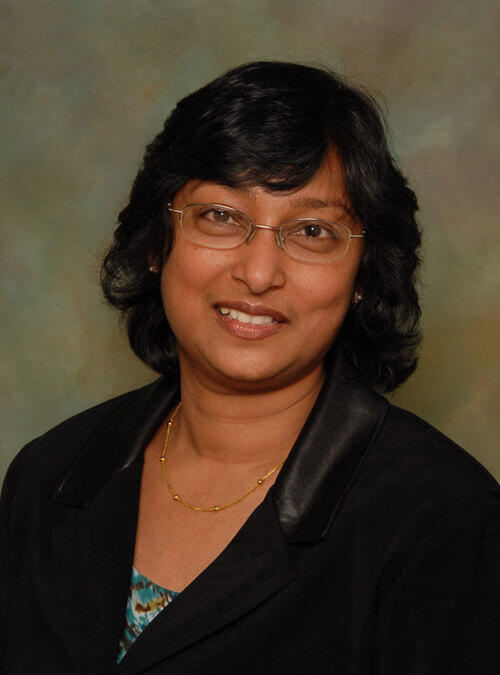
MORNING BREAKOUT PANEL 3
Responding to Climate Change with Equitable Humanitarian Assistance
Panelists
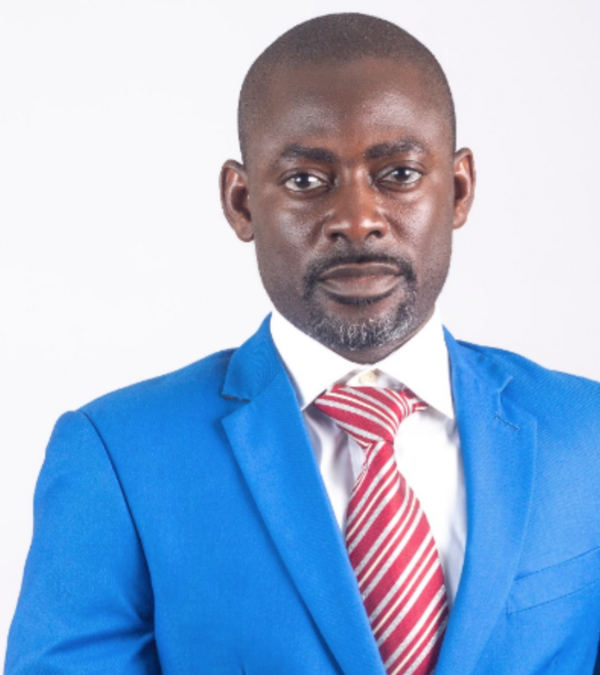
Field Perspectives on Energy Transitions in the Global South
Panelists

AFTERNOON BREAKOUT PANEL 1
Exposures: Extraction, Environmental Racism and Relationships to Contaminated Land on the Navajo Nation
PhD Candidate and Dine Scholar, History of Art, American Studies, Yale University
Panelists
AFTERNOON BREAKOUT PANEL 2
Heritage for All: Building resilience in preserving culture
The Caribbean’s heritage spans approximately 5000 years and represents one of humanities’ greatest context for human-environment relationship highlighted through forced encounter and migration.
Cultural heritage is impacted by the changing climate, impacts climate change, and how we respond to this change. The societies created remain with us and have multiple narratives and vocalities for us to learn from. To learn, we must focus on the role of culture as an agent of social change and a crucial actor in building future resilience. Yet, the priority accorded to the inclusion of cultural heritage in broader climate change adaptation discussions or planning remains extremely limited.
Emerging research indicates that a future of sustainability and resilience in relation to natural disasters and climate change depends on an awareness, understanding and utilization of traditional - local and indigenous – knowledge, particularly in how we prepare, mitigate, and adapt to natural hazards and the changing climate. Heritage guides sustainable adaptation through an understanding of how communities interacted with their environment in the past or long-term historical relationship with their environment, understanding present vulnerability to guide our adaptation strategies as islands described as being at the forefront of climate stressors. Likewise, contemporaneous communities are the agents to safeguard, monitor and enable resilience utilizing past ideation as the platform for change.
Through specific examples from the Caribbean, this presentation discusses the important place for heritage in the development of strategies or its place as an agent for social change. This is highlighted through the value of studying the past through archaeology, an understanding of the use of traditional knowledge systems through time and the importance of developing and implementing citizen science initiatives to safeguard that past.
Moderated by Clinton White
Regional Representative, USAID Eastern and Southern Caribbean
Panelists
AFTERNOON BREAKOUT PANEL 3
Nature-Based Climate Solutions and Indigenous Rights
Analyst, Climate Focus
Panelists
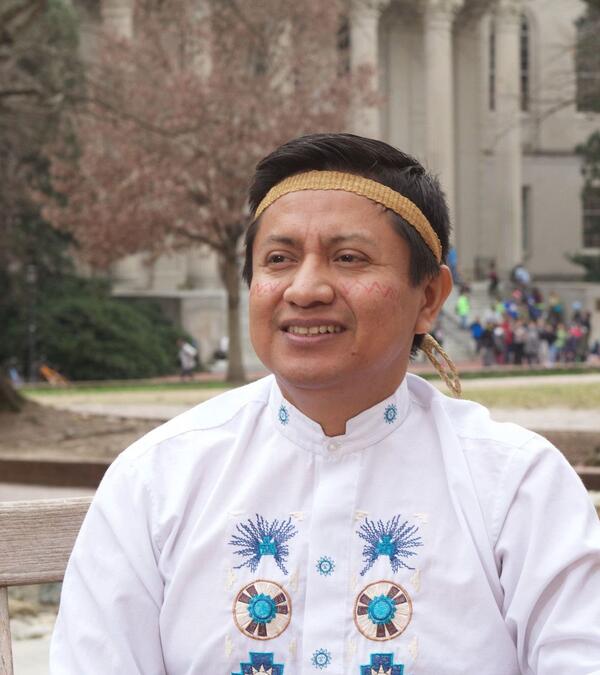
AFTERNOON BREAKOUT PANEL 4
How Equitable Transportation Access Drives Distributive Justice and Development
Panelists
People and Partners
Yale School of the Environment
Kroon Hall
195 Prospect Street
New Haven, CT 06511
Email: ycej@yale.edu

